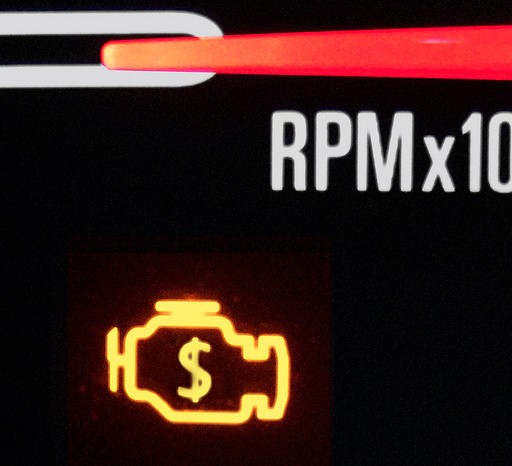Electric cars give notice to one of the biggest profit drivers for the American auto-service sector: the oil change.
Not so fast, though. Hybrids and plug-in hybrids have essentially the same oil-change needs as non-hybrids. And in the U.S. alone, there are an estimated 5 million hybrid vehicles on the road today, and hybrids are anticipated to grow about 9% annually through 2023.
Valvoline last week emphasized that hybrids don’t have the same engine-oil needs as other vehicles, as it introduced a new hybrid-specific synthetic oil, to be offered in 5W30 and 0W-30 grades.
The new Valvoline formulation isn’t the only hybrid motor oil. Pennzoil, for instance, already has one—also a full synthetic and claiming to boost fuel economy over non-hybrid oil.
While the engines in hybrid vehicles often don’t run as long and hard as those in other vehicles, they present “unique challenges” according to Valvoline—from the more frequent starts and stops, keeping the engine from getting fully warmed up and to its peak performance.

Check Engine Light
Not getting to peak operating temperature often enough can spell trouble for engines and engine oil, with the excess water vapor that’s not evaporated out creating sludge and corrosion—bad news for longevity.
Keep in mind that this is theoretical in nature, and none of the well-known issues with engine sludge in recent years we’re aware of relate to hybrid models. Consumer Reports has noted at several points that oil-change needs for hybrids aren\’t any greater, although coolant service for hybrids may be more complicated.
Furthermore, some plug-in hybrid models have made some rather significant advances in extending oil-change intervals; owners of the Chevy Volt, for instance, are clear to extend their oil-change interval to up to two years in some situations.
As we’ve covered on Green Car Reports before, healthy engine oil helps gas mileage, but on the other hand driving green means not actually changing your motor oil until you need to.
Our advice: There’s no need to yield to dealerships or service shops suggesting that you should follow a dramatically tighter service schedule because you have a hybrid. Stick to the intervals recommended in your owner’s manual, and a formulation like this is probably a good pre-emptive measure.











